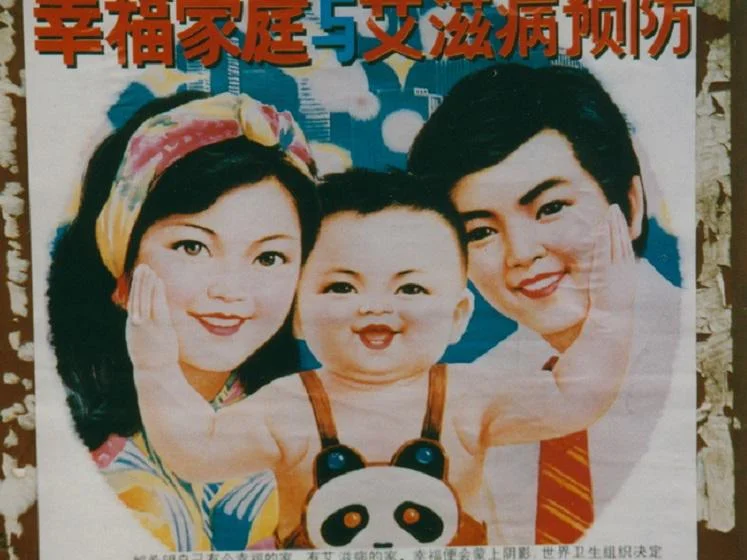Married with children

In 1978, China’s Communist government implemented arguably the boldest social policy in world history: couples were to be restricted to a single child per family, in what became commonly known as the ‘one-child’ policy. Although the ban was repealed in 2015, new research finds the policy continues to make life difficult for many people in China, acutely so for its lesbian, gay and bisexual (LGB) community.
In the four decades since the one-child policy was introduced, China’s dominant family structure has become that of children without any siblings. The fertility rate (the average number of births per female) has fallen to an estimated 1.4, with an estimated 64 per cent of families defined as having a single child.
Western reporting of China’s population controls has tended to focus on the higher probability of sex selective abortions and female infanticide. But a new paper by Dr Timothy Hildebrandt of the Department of Social Policy examines the ‘latent’ effects of the policy, focusing on the challenges it has brought for China’s LGB citizens, an area he has studied for the past decade.
Dr Hildebrandt shows how the one-child policy has intensified family pressure for gay men and lesbian women. Such pressure is explained in part by the dominance of Confucianism, a system of social values, institutions, and ideals of traditional Chinese society.
The family unit is the cornerstone of this system, with offspring expected to perform a specified role: they should achieve success, marry and have children, and support their parents and grandparents, while sons are supposed to ensure continuity of the paternal line.
But social policy is also crucial in understanding the intense family pressure felt by LGB Chinese. According to Dr Hildebrandt, the one-child policy is essentially a ‘one-chance’ policy. Support from children for older family members is vital in China, where, unlike some other societies, the state has a limited role in elderly care.
As they are unable to legally marry or adopt, LGB people are at a social disadvantage leaving them unable to perform this expected role. Whereas in the past, care of parents might be spread amongst siblings, only children must manage this responsibility alone.
"Life is really difficult for a lot of people in China due to the expectation that they will take care of parents as they age. But with LGB people, cultural and political factors make this especially so," Dr Hildebrandt says.
In late 2015, China’s government announced a significant change to the one-child policy, increasing the legally allowable offspring to two. While greater freedom for families was welcomed by many, it is likely to take decades for the acute pressure being felt by the LGB community to ease as family responsibility is spread across siblings.
Dr Hildebrandt says: "Changing people’s attitudes is very difficult. But when you look at this problem from a social policy perspective, you find it is the fastest way to make progress in areas like equality and elderly care."
He endorses policies that give LGB people the opportunity to have a family, such as allowing IVF treatment and adoption by same-sex couples, rights they currently do not have. Dr Hildebrandt also argues that same-sex couples should be given access to the institution of marriage, which would help them achieve the status and rights afforded to heterosexual couples.
The unequal status of LGB people creates costs for societies and can have a negative effect on economic productivity. For Dr Hildebrandt it is in the ruling Communist party’s interests to respond constructively to all social challenges: "If the regime is concerned about maintaining power they should work towards addressing the way that social policies can work against each other."
Perhaps more importantly than the economic benefits derived from these changes, Dr Hildebrandt asserts that social policy changes would help LGB people lead healthier and happier lives: "Introducing social policies to meet the needs of all of their citizens will help everyone in society. But especially for LGB people, as we have seen on other countries, social and political rights is often the fastest way to improve people’s lives."